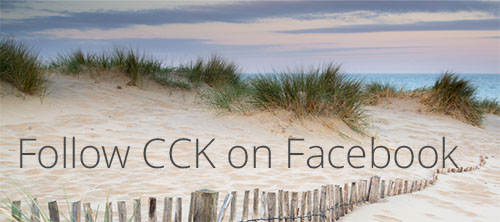
“There is no passion to be playing small – in settling for a life that is less than you are capable of living” – Nelson Mandela
February has long been associated with passion and love. Smack bang in the middle of the month we celebrate Valentine’s day. A day when love; young, old and in between, is celebrated for the way it enriches our lives. A day named in honour of St Valentine who was beheaded for helping Christian couples wed. It’s a little bit confronting, but when you think about it, the concept of passion and suffering are often interlinked. If you look at the origin of the word passion, it comes from the latin root “pati” which means “to suffer.” Passion is a willingness to suffer for what you love.
“If passion drives you, let reason hold the reins” – Benjamin Franklin
It’s not all doom and gloom though. Passion is what moves you to push through pain, fear and unhappiness for the sake of an end goal. It is the fuel for motivation. It’s what gets the tough going when the going gets tough.
Neurologically, we have some understanding of what creates passion and motivation in our brains. More research is needed to fully complete the picture, but this much we know;
- When we get passionate, the ventral striatum and the amygdala (the brain’s emotional centre) are activated. The higher the degree of activation, the more motivated we are.
- This reward cycle of the brain depends on the neurotransmitter dopamine.
- It is not the reward itself, but the expectation of reward that neurologically impacts our emotions and memories. We continually compare our expectations with our achievements. It is in this way we learn risk versus reward. Our motivation not only fuels us to continue our work, but also changes the way we perceive it.
So, we can use passion as a way to rewire our brain. This however, can be a double-edged sword. We can choose to use this brain function as a way to nurture improvement and furthering or as a way to fuel hatred and bitterness.
“Passion is energy. Feel the power that comes from focusing on what excites you” Oprah Winfrey
So how do we nurture our passion in a positive way?
- Find something you are good at and indulge in it regularly. It doesn’t matter if it’s writing, painting, running or singing. Do it. Practice it. Enjoy it.
- Keep challenging yourself. By trying new things, you are opening up possibilities and opportunities to further refine and share your talents.
- Eat plenty of good quality protein, get good sleep and exercise regularly. These have been shown to increase dopamine stores within the brain.
- Swap affirmations for questions. Instead of saying “I will exercise this week,” ask yourself “Why will I exercise this week?” This way you are more likely to reflect on why this activity is helpful to you. This a far more powerful motivator for your brains reward system.
We only have a finite time on this earth, each of us brings our own unique set of talents and gifts to share. Passion is the propellent to realising your potential. So go, make this February your most passionate one yet.
Jo

